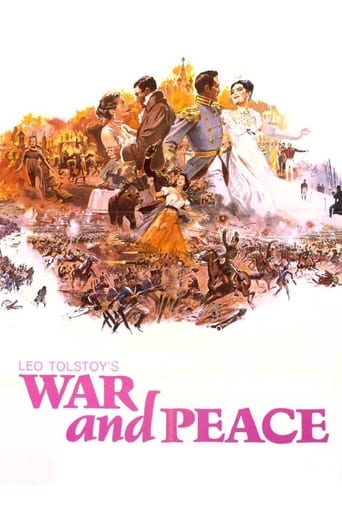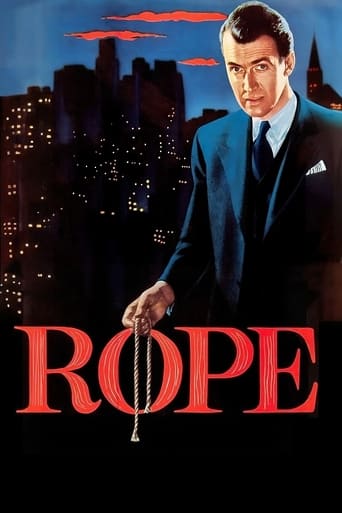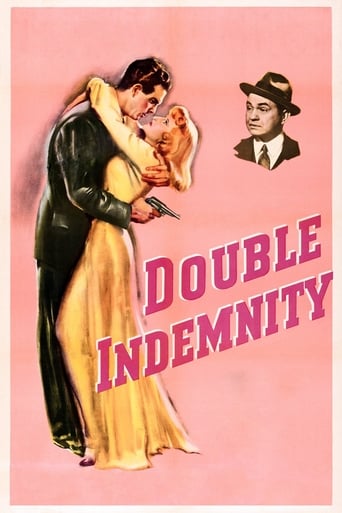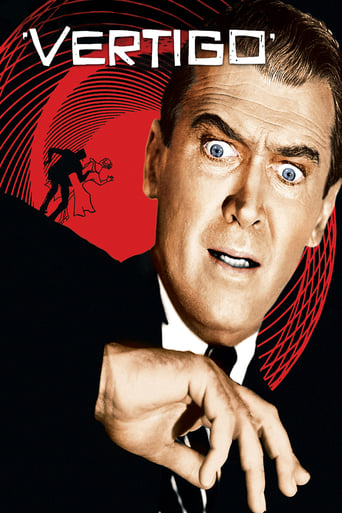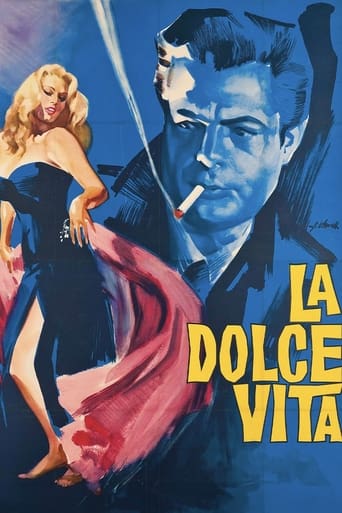


La Dolce Vita
Episodic journey of journalist Marcello who struggles to find his place in the world, torn between the allure of Rome's elite social scene and the stifling domesticity offered by his girlfriend, all the while searching for a way to become a serious writer.
-
- Cast:
- Marcello Mastroianni , Anita Ekberg , Anouk Aimée , Yvonne Furneaux , Magali Noël , Alain Cuny , Annibale Ninchi


Similar titles
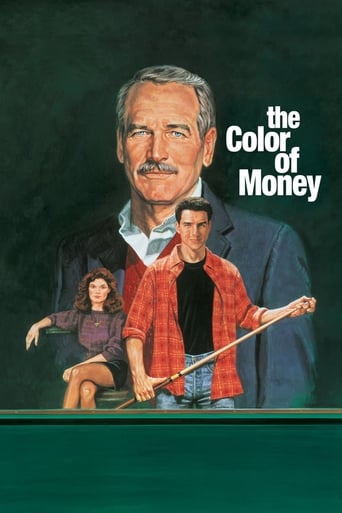
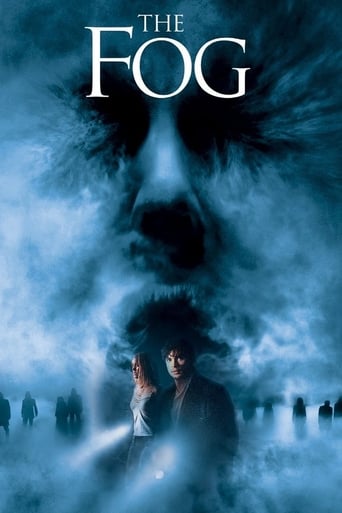
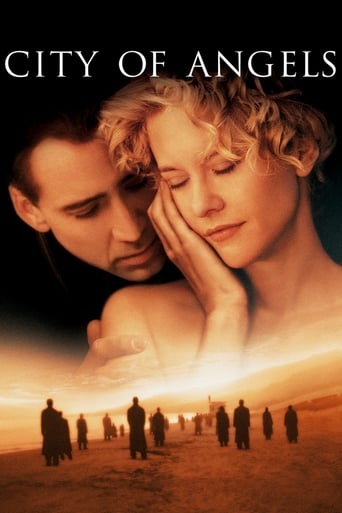
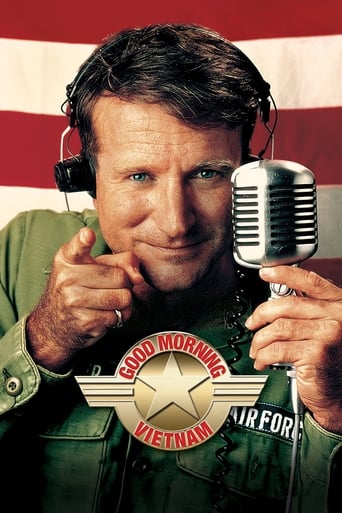

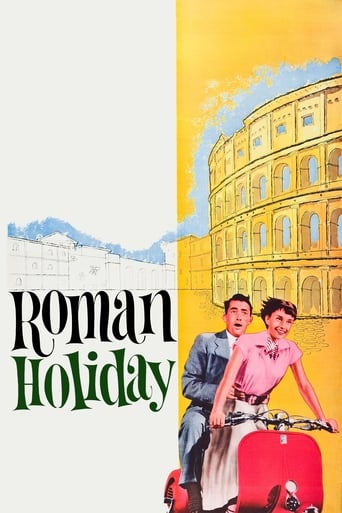
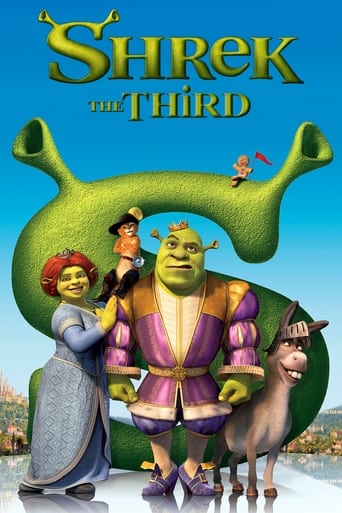
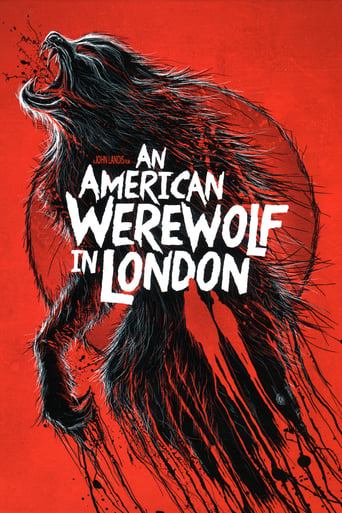
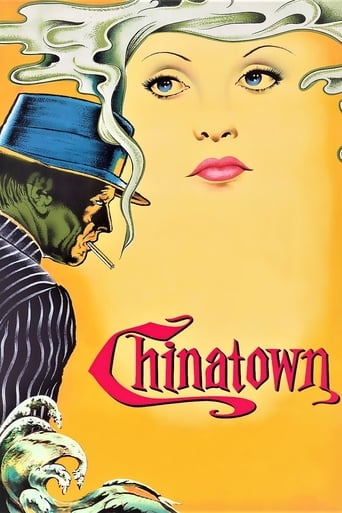
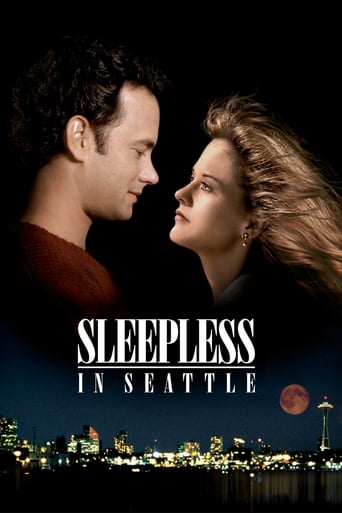
Reviews
Highly Overrated But Still Good
Wow! What a bizarre film! Unfortunately the few funny moments there were were quite overshadowed by it's completely weird and random vibe throughout.
Funny, strange, confrontational and subversive, this is one of the most interesting experiences you'll have at the cinema this year.
It’s not bad or unwatchable but despite the amplitude of the spectacle, the end result is underwhelming.
Great artists are like prophets whether they mean it or not. Think of H G Wells and Ray Bradbury or Paddy Chayesfski for that matter. Here Federico Fellini warns us about the disenchantment of plenty. So, at the end, this scandalous film of 1960 is a morality tale. Marcello Mastroianni is superb, a beautiful exterior with an interior that is dying, slowly but surely. The term "paparazzo" was coined in this film. The hunters of the banal grew in numbers over the years but not in scope, Anita Ekberg became a symbol of the sixties and who was she? A fantasy, impossible to reach. Real is his wife, the splendid Yvonne Fourneaux. Real is his father, played with heart breaking resignation by Annibale Ninchi or the suicide of his close friend, the intellectual played by Alain Cuny. La Dolce Vita is almost 58 years old and I imagine that the its message, like in most art, will live forever.
Fellini manages to put together in "La Doce Vita" an impeccable feat. It suggests in parallel and through the fable, a trajectory of the journalist Marcello Rubini that unites and builds the story at the same time, does not present and does not pretend to be a concise narrative. A film structured from the perspective of a chronicler of life, with reflections, criticisms and comments elaborated through a poetic language, where Fellini wisely uses the symbolism, and presents clear references to German expressionism and "noir" cinema.In the credits that begin this work realized in 1960, already deserves attention the group responsible for the script, besides Federico Fellini himself who directed and co-written "La Dolce Vita", there are expressive names in the construction and expressivity of the Italian cinematography, such as: Ennio Flaiano, Tullio Pinelli, Brunello Rondi and Pier Paolo Pasolini. Told with such a diverse group of writers who were also thinkers, critics, directors, philosophers, teachers and journalists, the option of dividing the film in a prologue, seven episodes with subdivisions, and an epilogue becomes more noticeable.By accompanying for seven days and nights the trajectory of Marcello Rubini (played by the excellent Marcello Mastroianni), a celebrity journalist living in Rome who self-questions his craft and his life, mainly because he does not have the sensation of happiness , Nor so much of realization, who both (life and profession), projected or promised. So we have a protagonist who is basically driven by emptiness and the search to fill it, moreover, his search is crossed by the contact with several people, who basically only express the same feeling of Marcello, and when we have a figure of apparently life full , So we can visualize the facade of this appearance, as in the life of the millionaire, father and intellectual Steiner (Alain Cuny), a figure at first glance enviable, but who intimately lives under the despair and anguish of not being able to stand out, produce and Keep yourself in the position and level that arouses such admiration.This deceiving tone is very well represented in the various performances, as well as in the work of art direction and costume, which have in common the dimension of openness artificial and that tries to veil reality, as in large houses and even castles with beautiful facades, But inside that are real ruins, such as the very identity of its owners, who hide in makeup, lights and costumes of external and fragile beauty in the face of the decadent interiority of these people, this difference of exterior and interior was a stimulating motor for the Creation of Fellini, since the dress worn by the ladies of that time, whose fashion was dressed in bag style or "dress bag", aroused the curiosity of the director by its frame that can present and pretend the body, and a very beautiful woman, But it can also hide a skeletal being of misery and loneliness. Something that we can identify as common to all the characters, always attached to a beautiful façade, highlighting the character of Marcello Rubini in another majestic work of Marcello Mastroianni, who can establish very well the subtleties and dramatic curve of the character, As well as the clear trace of graphic oscillations of a life that oscillates in times of peaks of a doubtful origin of both happiness and anguish and sadness.Curiously, the figure of the photographers of celebrities, that later and because of this film, happened to be called worldwide of "paparazzi", due to the personage "Paparazzo", interpreted by Walter Santesso, in fact, this group of photographers of the film, seem more occupy A position of parasite of the life of others, there are no reflections on their work, so little about their attitudes, only reveal themselves in the thirsty desire to invade the privacy of others and get the best photo, the best moment that arouses the curiosity of the public that will consume The printed or television newspapers, something that as a public of "La Doce Vita", we are in part, equal, since we are placed in a point of view that tries to deepen in the curiosity of those lives, and by the cutback realized by Fellini , Since in this film, his approach is dimensioned in the lives of a class in position and much more favorable condition, compared with the common life, even the photographer M Arcello Rubini, is in an economically privileged situation, which often appears to be a crisis that oscillates between the discourse of a privileged class who experiences dull moments in having their lives as material of interest by placing them in a model place or Another crisis of the age of the journalist in dreams and promises of life as a young man, and now, at maturity, they are unreachable. With this we have in the proposal made by Fellini, the registration and the use of a (privileged) form, which confuses and generates moments that makes his speech unfeasible.Having only this caveat, "La Dolce Vita" is a timeless film, of pertinent considerations to contemporary life and a flawless style narrative, which are true legacies for the history of world cinema, and that will be for generations, like forgetting the Famous scene in which Marcello Mastroianni and Anita Ekberg bathe in the Fontana di Trevi or the children who parody and criticize the history of the children of Fatima, fed by the search of adults for a way out, a solution to the harshness of life. "La doce Vida" is an exceptional film in every respect, but mainly because it confronts the spectator with the emptiness of our uncertainties regarding life.
When I watch this film, all I focus on is Marcello's character. Obviously, everything revolves around him and comes into his person. The sweet life is a paradox because the only sweetness is in the wealth and over indulgence of the characters. For these people, the sweet life is moving through life without purpose or accomplishment. Their lives are designed to impress others, but the others aren't worth impressing. So Marcello sits back and observes. He participates but is never happy. He indulges but gets no enjoyment. He is faced with his own mortality and dies a little each day. He wakes up the next day without a connection to real life. Anyway, that's a little speech and it may completely miss the mark because Fellini is so complex and such a master of the crazy world he presents, I could be all wet. Thank God for films like this because they make us think and rethink.
I wanted to like this movie. I truly did. I am currently working my way through the IMDb Top 250, and I began with "La Dolce Vita." I understand that the movie is culturally significant. I'm not some boor who only enjoys movies with exploding robots or massive amounts of T&A, nor am I a simpleton who requires straight-forward plots with happy endings. But the fact of the matter is that I found this, Fellini's purported masterpiece, to be utterly dull and non-compelling.I won't say that the film is without merit, because there were some scenes that kept me dialed in. The desire that Marcello feels for Sylvia is one of those, and the scene where Maddalena asks Marcello to marry her is another. But these are scenes that are mired in between other muddled sequences that seem to drag on forever. And yes, at 3 hours, this film is mercilessly long. I don't mind long films, and have happily sat through much longer. But this film indulges in the mundane. Shots, sequences, and dialogue that contribute absolutely nothing to the story are lingering and plodding. At times, I found myself having drifted off into a daydream, only to come back and find out that I had missed nothing in the intervening time. This story could be told competently, and in half the running time, if the film had any sense of pace.Part of my apathy goes toward the general unlikability of Marcello. Especially in this day and age, who cares about those who indulge in the glitz and glamour of the film world? Do we really relate to the Marilyn Monroe expy that is Sylvia? I can't look at Marcello, who vacillates between wanting to be a writer and suddenly declaring himself to be an advertising exec and feel any kinship with him. I fear that in 2015, there are precious few people who understand or even want to know what the 1% do, especially when the educated have a hard time finding the most menial jobs. Fascination with the rich and wealthy may have found a wider audience in 1960, but does not play nearly as well to a 21st century audience.In all honesty, this movie appears to be one of those films that people love to pretentiously declare their love for, if only to win the admiration of other people who also secretly dislike it, but wish to be admired as "film buffs" themselves. Personally, this particular film buff has no desire to ever see this movie again.

